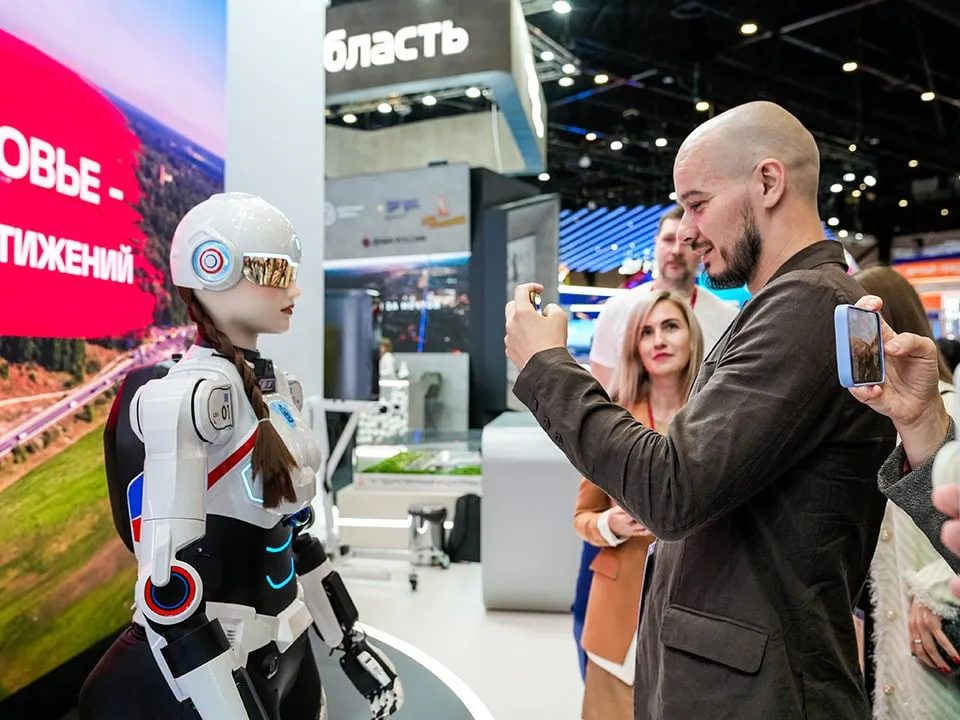Russia Opens New Frontiers at SPIEF 2025

The first day of the 28th St. Petersburg International Economic Forum signaled a strategic shift in global partnerships, with Russia positioning itself as a technological and economic hub in a multipolar world.
Strategic Alignment and Geopolitical Messaging
The 28th edition of the St. Petersburg International Economic Forum (SPIEF), held on 18 June 2025, welcomed leaders from over 130 countries. Operating under the theme 'Shared Values in a Multipolar World,' the event offered a timely platform for global economic dialogue with a strong focus on digitalization, sustainability, and South-South cooperation. Bahrain’s participation as the guest of honor underscored Russia’s deepening ties with the Middle East and Asia—a clear pivot away from traditional Western allies.
The symbolic replacement of Mercedes by China’s Tank brand as the forum’s official automotive partner reflects shifting alliances. Where once Western brands defined prestige, Asian partners are now defining presence. This is part of a broader economic realignment where emerging markets are driving innovation and growth.
Arctic Routes and AI Futures
Day one saw packed sessions on Arctic logistics, particularly the Northern Sea Route, which is emerging as a critical corridor linking Europe and Asia. As global trade routes face volatility, Russia is leveraging its geographical advantage and energy resources to reposition itself as a logistics powerhouse.
Discussions also centered around macroeconomic resilience and the digital transformation of emerging markets. Notably, Russia–India cooperation was highlighted, especially in sectors such as clean energy and information technology. Digitalization remained a top priority, with dedicated sessions on integrating artificial intelligence into industrial and administrative processes.
Innovation on Display
Russia’s leading corporations—including Gazprom and Rosatom—presented breakthrough innovations in AI, robotics, and energy systems. Rosatom showcased its Multi-D platform, a next-generation nuclear lifecycle management tool, and a suite of knowledge management systems now being exported to partner countries.
Gazprom highlighted its growing investments in green energy and digitalized gas extraction and logistics. These showcases attracted attention from potential international investors, positioning Russia as a serious contender in next-gen industrial technology.
Global Engagement, Multipolar Vision
While absent of major U.S. and EU delegations, SPIEF 2025 made up in participation from BRICS, the Middle East, and Central Asia. Delegates from India, China, Iran, and the UAE signaled a clear pivot toward diversified international engagement.
Valery Falkov, Russia’s Minister of Science and Higher Education, remarked: “SPIEF 2025 showcases how science and technology are the engines of economic growth. Our AI and digital platforms offer a foundation for deeper global cooperation and stronger technological sovereignty.”
Conclusion
SPIEF 2025’s opening day reaffirmed Russia’s role as a central node in a changing global economy. With forums on AI integration, exhibitions of industrial innovation, and active international participation, the event laid the groundwork for meaningful cooperation. As discussions continue through 21 June, the forum highlights Russia’s commitment to shaping a sustainable, multipolar future through technology and diplomacy.









































